FACULTY SPOTLIGHT: Richard Adams Carey
Richard Adams Carey, or “Rick,” as we call him, is located in a town that is sandwiched between The Lakes Region and the White Mountains, which is probably where it got its name: Sandwich, NH. Because this interview was conducted bicoastal, me in Los Angeles, CA, and Rick in Sandwich, I imagine him sitting at his desk, allowing me to interrupt his “stubborn, maybe-it’ll-never-pan-out short story”—his words not mine—to answer questions for Assignment about his books, his writing and editing process, and more.
—Jemiscoe Chambers-Black
Jem: Rick, you write both non-fiction and fiction. Is there a different writing process for writing each?
Rick: Not so much a different process as a different feel in the pit of the stomach. Nonfiction is always preceded by research into lives or subject matter where I know story material exists. In drafting I might have trouble finding the right way to tell the story, but I’ll know there’s a way—if not Plan A, then Plan B. In fiction, I’ll start with a character or situation and hope that these lead into a sequence of plausible events and a real story—with no guarantee that they really will, and it’s always a more tortuous first-draft process than in nonfiction. I think nonfiction is like jumping out of a plane knowing that somehow, sooner or later, your parachute will open; no such assurance in fiction.
Jem: To those of us students that have worked with you, you are known as a polishing technician. Do you edit chapter by chapter or write a large chunk before you start editing?
Rick: As people who have taken my revision workshop know, Kent Haruf is my hero. The author of “Plainsong” and other novels would sit at a manual typewriter with a stocking cap pulled down to his chin and type without peeking until he had reached the end of the story. Only then would he revise. Me, I can’t abide not seeing the words, and since I can see ’em, I can’t help fiddling with ’em as I go along. Which is too bad, because I can’t fiddle with real purpose and precision until I reach some version of the ending. So I try to write as much as I can before editing, but never write as much as I should. And that’s because first drafts are sheer drudgery for me. It’s only in editing and revising—when you know what the story is, beginning to end, and what it needs to shine brighter—that the glory is within reach.
Jem: This may seem random, but you lived a pretty nomadic life for a while. Also, worked a multitude of jobs. Did this have an effect on your writing, do you think?
Rick: I guess I have lived in a bunch of different places and done a bunch of different things—and sometimes I think that still wasn’t enough, because first-hand experience of any sort is so important in what a writer brings to the desk. On the other hand, you can’t go everywhere and try everything; duration and depth and commitment matter a lot as well in anyone’s experience of a given place or a certain relationship. It comes down to the right sort of balance, perhaps, given your subject matter. Some of us need to and should sail the world for material. But Emily Dickinson did just fine sailing around her room.
Jem: When you were contracted to write Raven’s Children, Against the Tide, and The Philosopher Fish, I’m imagining rough waters, rougher terrain, and deadly missions in pursuit of season hunting, fishing, and tracking the sturgeon and their mysterious golden eggs. Am I being too dramatic here? Since they were contract jobs, how long did you get to live the experiences and then write?
Rick: I think each of those books involved two-year contracts—so a year for the research, a year for the manuscript. And no, you’re not being too dramatic. Okay, “deadly missions” would be hyperbole, but in extreme environments you do gamble sometimes on the weather, and if your research touches on criminal activity, you do roll the dice on people sometimes. There were times when I got nervous, but only a few occasions when circumstances got more or less harrowing. In each case it ended well, so all’s well, and I so treasure the people I met and all that I experienced in doing those books.
Jem: You’ve written many things, but I wanted to ask you some questions about your book, In the Evil Day: Violence Comes to a Small Town. This book is a piece of narrative non-fiction, and spans twenty-five years, recounting the lives of the citizens in Colebrook, NH (and the towns surrounding it) that led up to August 19, 1997, when Carl Drega shot and killed four people. What made you want to write about this day?
Rick: After three books that required lots of travel and absences from home, I was ready for subject matter that was more local and also different from what I’d previously done. And with that incident, I was beguiled by the setting (the North Country’s a special sort of place), the intriguing people involved, and the rich narrative contours of all that happened that day, the intricate chain of events.
Jem: Before writing this book, did you know how you were going to do that? Specifically, did you know that you wanted to show each person’s story: who they were, snapshots of their families, and past? If so, did you do this on purpose or did it show up organically?
Rick: I knew that in narratives of almost all mass-shooting incidents, the killer becomes the star of the story while the multitudinous victims are consigned to relative anonymity. Here, however, the killings were not random—each victim was targeted because of who he or she was—and there were only four of them. So I saw that this as a story in which, uniquely, each of the victims could share equal billing with the killer. With that sort of broad and mindfully balanced canvas in mind, I did indeed approach the story in the way you describe.
Jem: I have to agree that this worked because it showed how very connected this small town and the neighboring towns were, how even Carl Drega himself crossed paths with John Harrigan’s father. Were you at all surprised with this?
Rick: Drega did indeed cross paths with Fred Harrigan, but with hardly anyone else in the area outside of local government, the courts, and law enforcement. So as I got to know the North Country better, I found myself surprised in two different ways: first, that cranky loners such as Drega could be invisible to such an extent, more so than our obstreperous odd ducks in the rest of the state; and second, that for those not wanting to live under the radar, there were hardly any degrees of separation in these small and remote communities, that the connections are so very tight and intimate. This, of course, only aggravates the harm wrought by a mass shooting.
Jem: After reading your book, I know, because you point this out in your preface that you ran into several contradictory pieces of evidence. How did you combat that in your writing?
Rick: The narratives in my first three books were built out of a combination of the historical record and my first-hand experiences as I described unfolding events. In this book, where the event was already part of history, it was my task to fill in the gaps in the record by cross-referencing documents and interviewing witnesses. And because of the conflicts and contradictions I sometimes found, I learned what probably any historian knows—that writing history is a bit like sausage-making. You try to find evidence to resolve those conflicts. Absent that and needing to connect some dots, you go with what in your judgment seems more plausible, and you hope your biases aren’t distorting that.
Jem: What advice would you lend to any student or fellow writer when they meet this type of researching issue?
Rick: Enlist your subjects as proofreaders of your copy. Sometimes this is what provided the tie-breaker in regard to conflicting testimony. Much more often, though, it saved me from the sort of mistakes and misinterpretations all humans are prone to. The sausage could have been a lot funkier than it is.
Jem: When do you say enough is enough with research, and decide just to write?
Rick: With my first three books, I packed as much research as I could into a year, and then had a year just to write to hit my deadline. So it was decided for me, built into the contracts. With “In the Evil Day,” I had no deadline, since I was writing that book on spec. In a way, it was good to have no deadline. I had time to slowly build trust in the community and then to follow every lead. But the downside of that involved the sheer number of leads—it was such a complex event, with so many people involved, that I could have gone on interviewing forever. Earl Bunnell, the father of one of the victims, was the godfather of the whole project, and I very much wanted him to hold the finished book in his hands. When he died in 2011, that prompted me to finally pull the plug on the research and go with what I had. Even so, it was another four years until publication. All told, I devoted thirteen years to that book. That still astonishes me.
Jem: In your writing, it would seem, in my opinion, that you combine a fluidity of prose and a journalistic narrating style. Again, I wonder if this was done on purpose or if this came out organically?
Photo credit: Susan Carey
Rick: Well, I guess it came about commercially. I began as a bad poet and always feeling guilty (in reference to my wife) about the amount of solitude that my writing required. I found I could assuage that guilt, though, if at least I earned some money. So I began by publishing humor, essays, and journalism in newsstand magazines. The twig just got bent that way, and it stayed like that as I began working on more ambitious stuff.
Jem: Well, it seems that your creative intent, commercial or not, has become even larger since I’ve heard talks of a movie option for In the Evil Day: Violence Comes to a Small Town. Can you tell me a little about that?
Rick: Island Pictures is a London-based studio that does the “Doc Martin” series on PBS and also does book-to-film adaptations. They’re thinking in terms of perhaps a feature film or perhaps a TV miniseries. Of course most of the time nothing at all gets done with a film option, but I’m optimistic about this one because the studio co-head and a producer have come to America and traveled up to Colebrook with me to meet John Harrigan and some of the other important people in the story. In December we’ll do it again to meet still others. They want to honor the tone and spirit of the book, and Jeezum, they know it backwards and sideways—better than I do at this point.
Jem: Okay, one last question; I promise. Rick, I wonder, when you first started out as a writer, did you see yourself one day becoming a teacher, a mentor, helping students master what you have mastered yourself?
Rick: Wow, I sure didn’t—because writing a good piece is so hard by itself, and then finding an audience even harder. I’ve had more good breaks than bad, but it’s still really, really hard to write a good story, whether fiction or nonfiction, and I feel like I’m even yet on the learning curve. Teaching in itself is a way of moving up that curve, though. I love working with people I like on behalf of a pursuit that I love, and there’s no doubt it’s made me a better, more intentional writer.
Jemiscoe Chambers-Black is a current degree candidate at The Mountainview Low Residency MFA in Fiction and Nonfiction.



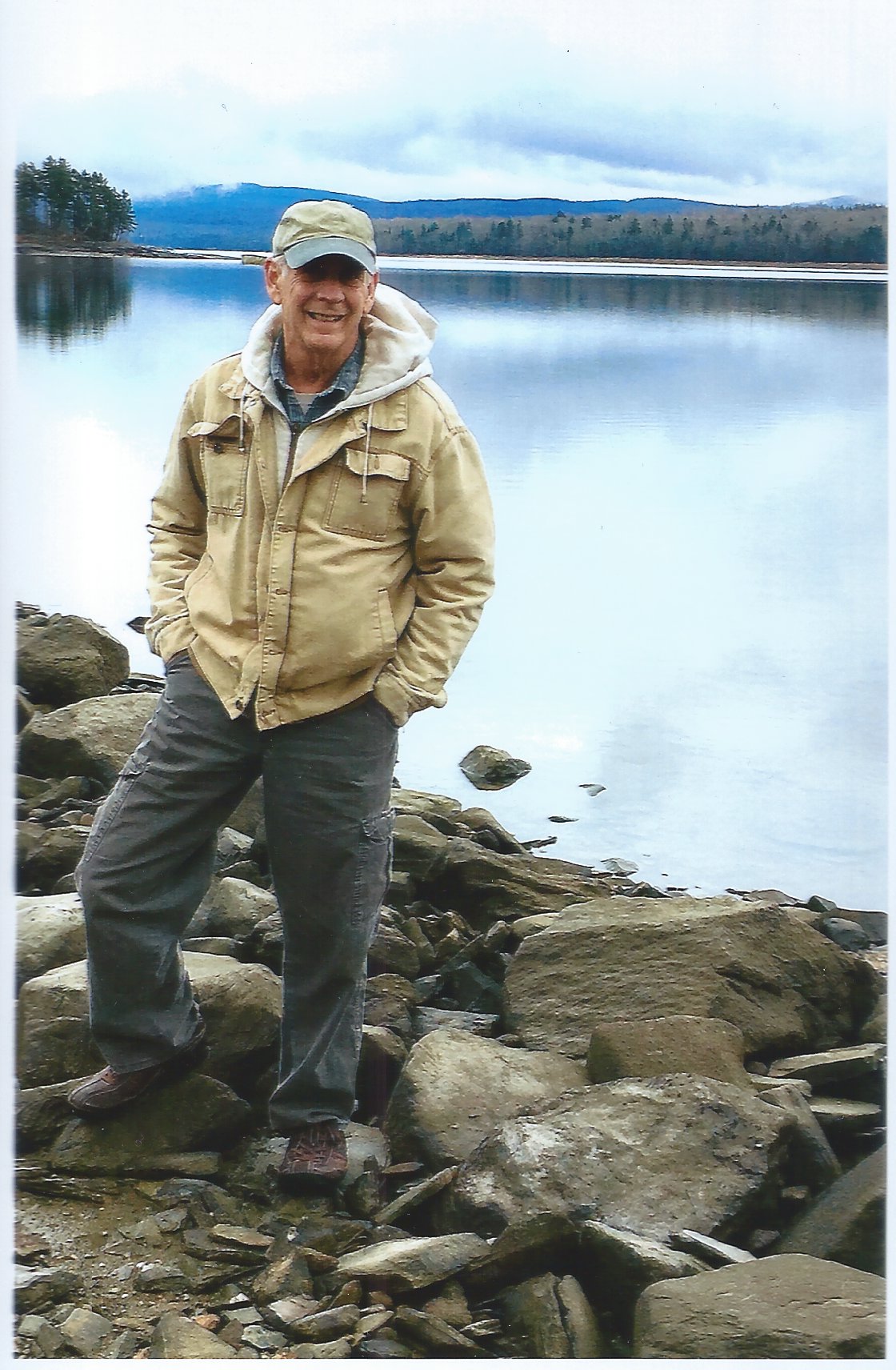
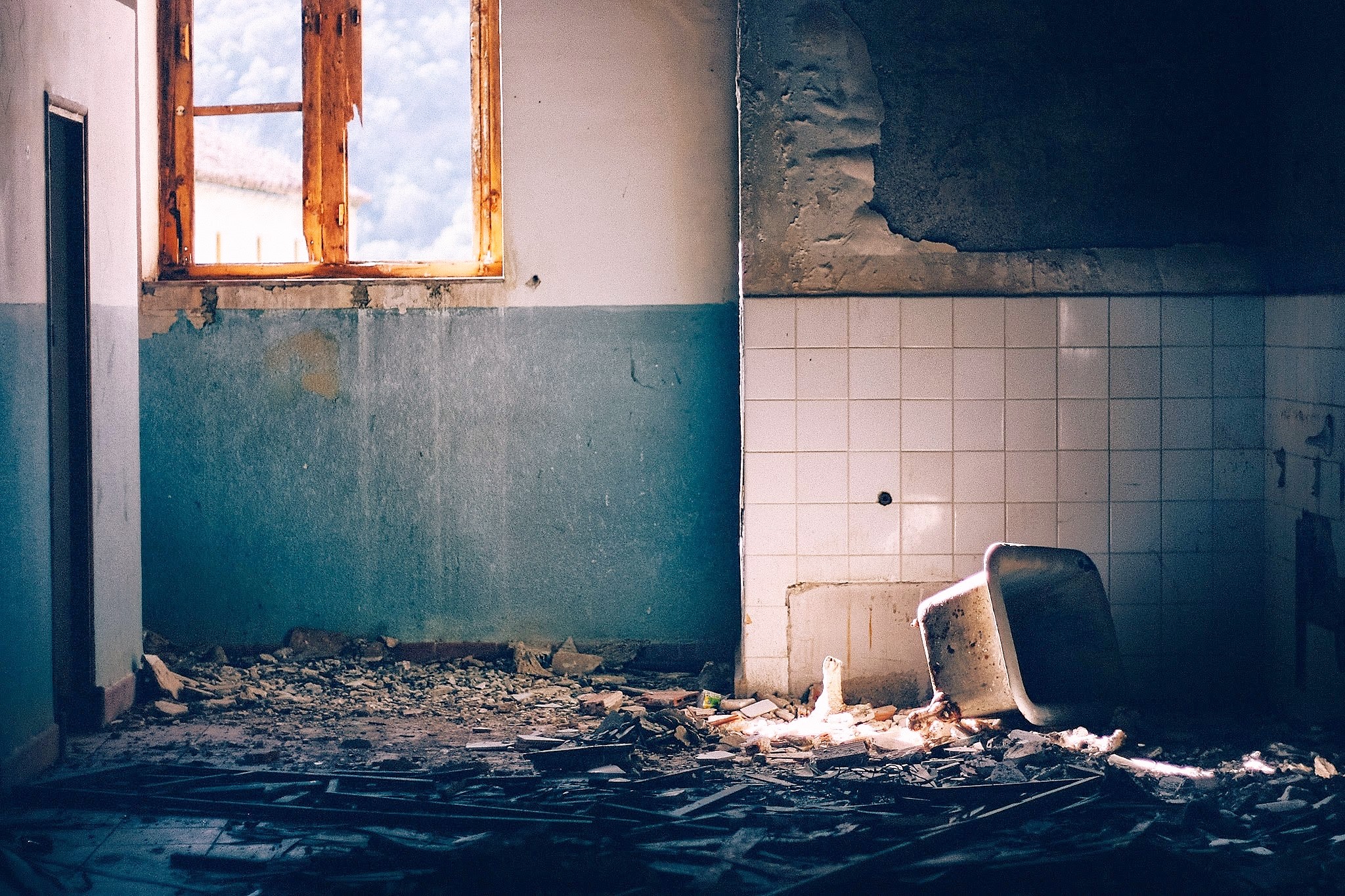






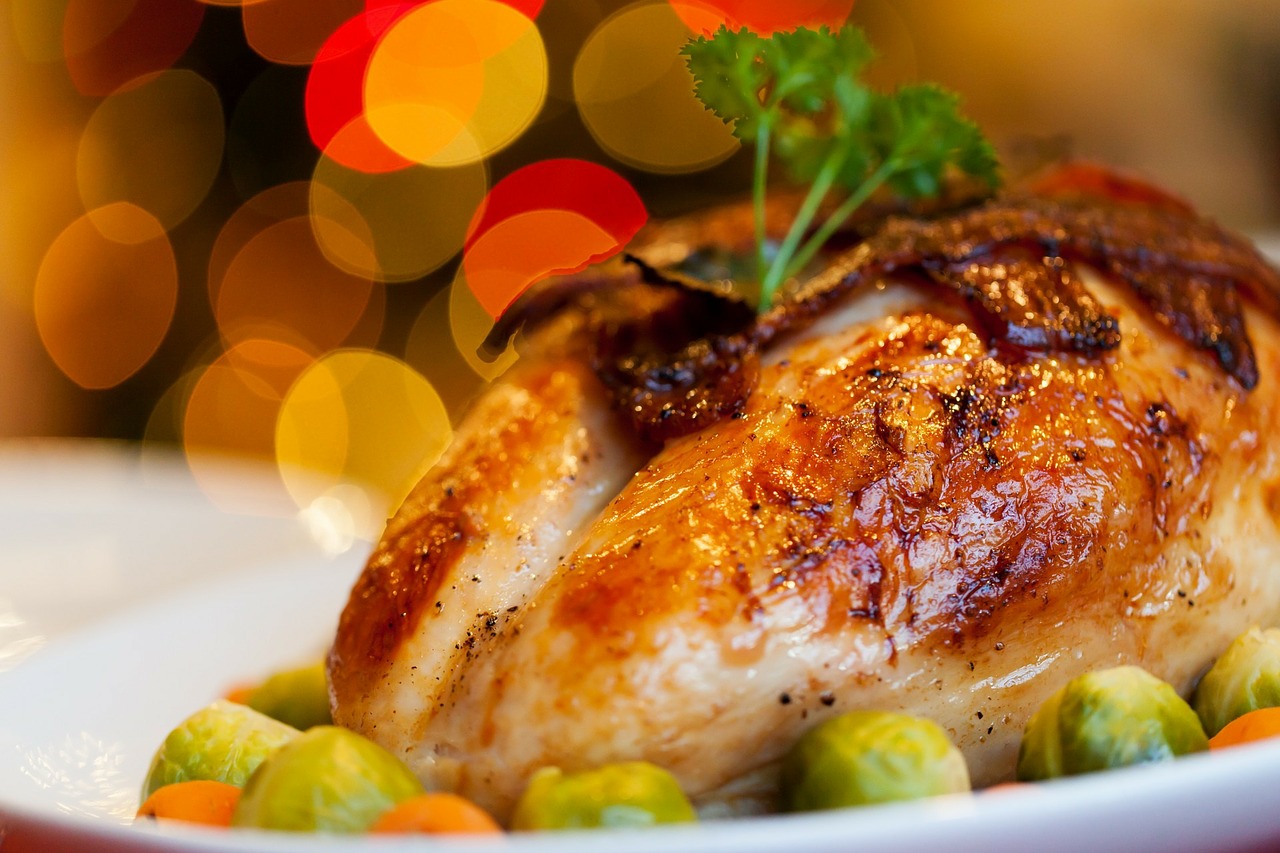

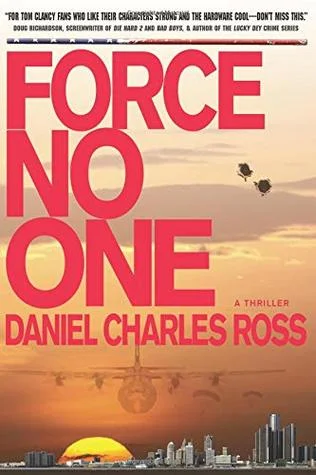

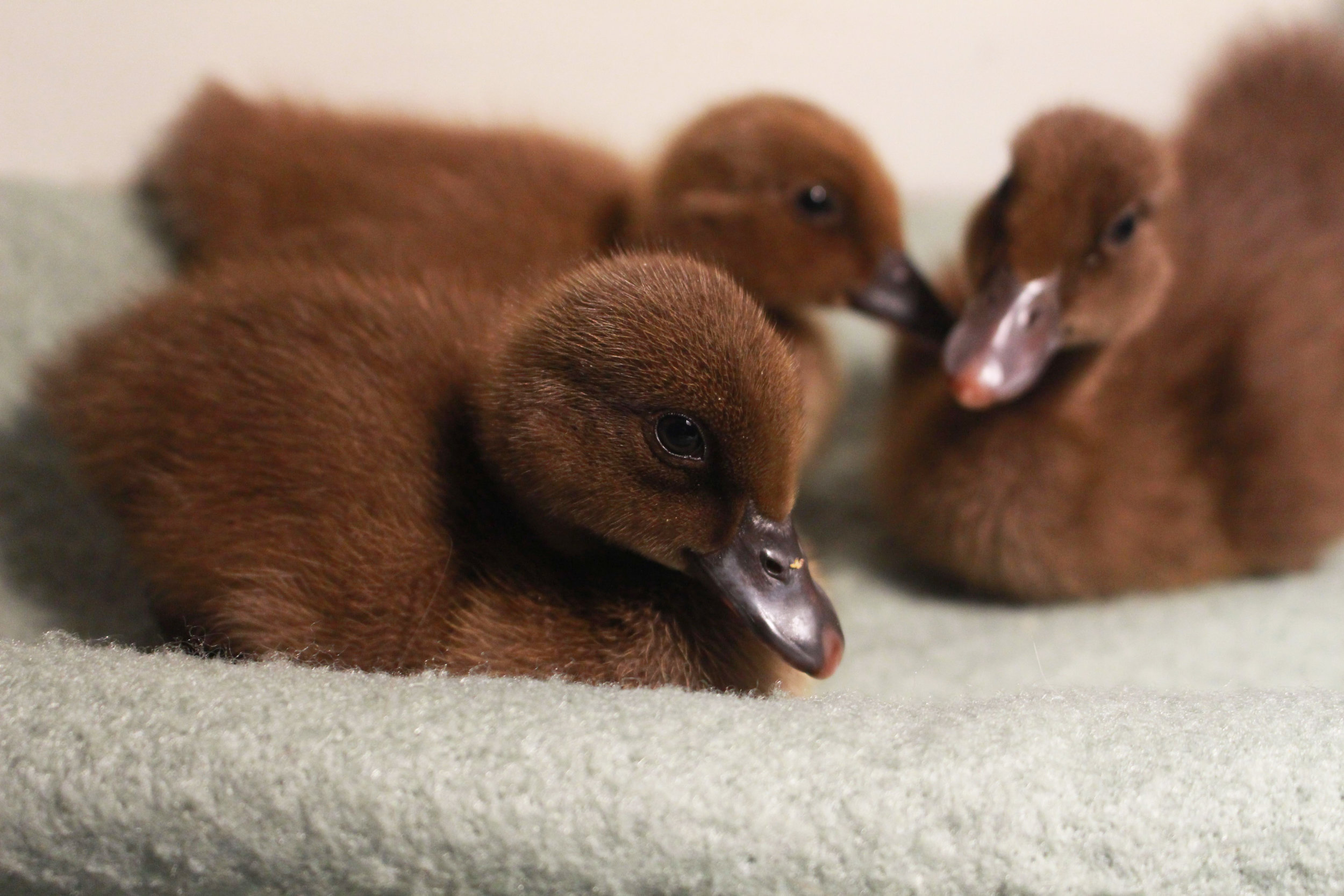
















![IMG_3194 (2)[10169].jpg](https://images.squarespace-cdn.com/content/v1/543d9b11e4b0847bb28295dc/1540004690608-QRV6V8P2D0RL3OZRMRQ7/IMG_3194+%282%29%5B10169%5D.jpg)

